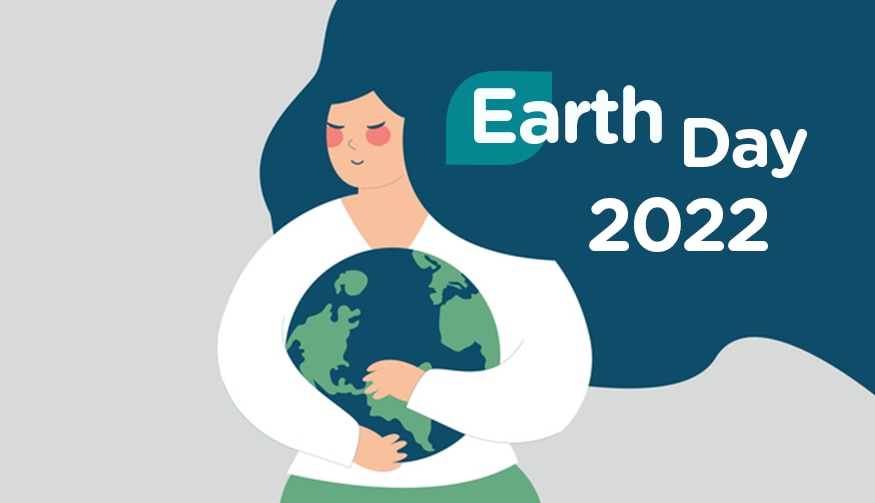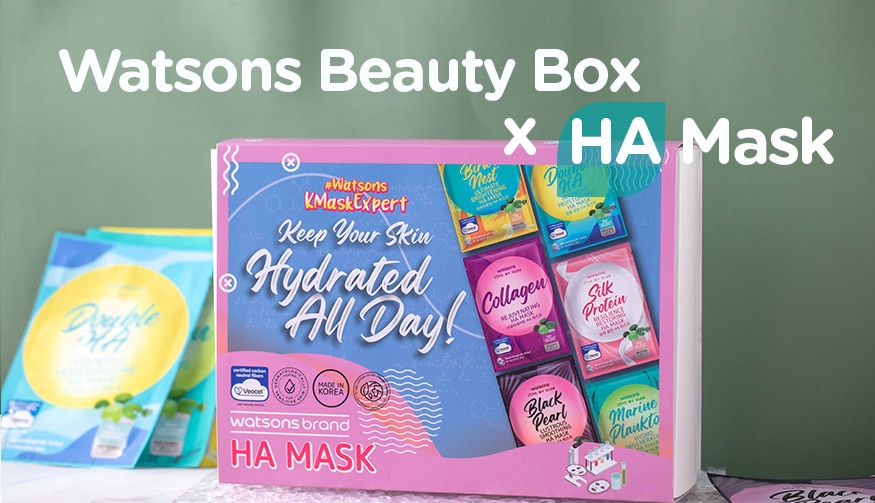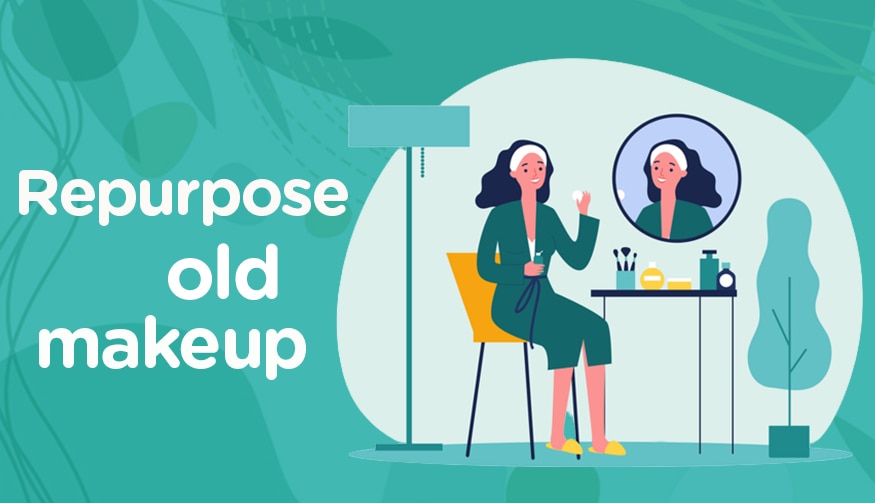Everybody’s talking about sustainability. Ask yourself: Do you really understand what sustainability means and why is it so important to the future generations? Keep on reading to find the sustainability explained and why it is the key to a better future for all.
What is sustainability and why does it matter?
The United Nations Brundtland Commission defined sustainability in 1987 as “meeting the needs of the present without compromising the ability of future generations to meet their own needs.”
To put it this way, sustainability is about small changes we can make to help protect and preserve our planet, from animals, plants, ecosystems to natural resource, to ensure future generations will be able to enjoy them.

Take actions for the Sustainable Development Goals
In 2015, the United Nations established Sustainable Development Goals (SDGs), also known as the Global Goals, with an aim to address the global challenges we face, such as poverty, inequality, climate change, environmental degradation, peace and justice. They are the blueprint to achieve a more sustainable future for all and ensure that by 2030 all people enjoy peace and prosperity.

Watsons Sustainability Vision
The A.S. Watson 2030 Sustainability Vision focuses on engaging local communities and our suppliers in environmental protection awareness programmes, reducing greenhouse gas emissions and improving energy efficiency.
Our 2030 Sustainability Vision:
- Energy: Reducing electricity intensity by 30% against 2015 baseline by 2030
- Greenhouse Gas:
- Reducing Scope 1 and 2 GHG emissions by 50% by 2030 from a 2018 baseline
- Reducing Scope 3 GHG Emissions from purchased goods and services, upstream transportation and distribution by 58% per dollar economic value added by 2030 from a 2018 baseline
- Pledging that 33% of its suppliers by emissions covering purchased goods and services, upstream transportation and distribution will have science-based targets (SBTs) by 2027
- Plastic: Eliminating unnecessary packaging by 2030, avoiding over-packaging and phasing out PVC. Ensure that we use a minimum of 20% recycled plastic content in plastic packaging by 2025
- Protecting Forests:
- Wood-pulp: All Own Brand paper products and packaging to be made exclusively from sustainable materials (FSC, PEFC or recycled) by 2030
- Palm-oil: All Own Brand products to include RSPO-certified palm oil by 2030

Shop Watsons Sustainable Choices
We promote sustainable choices that reduce the environmental footprint of our products, by providing refill options to customers, a better selection of ingredients and packaging materials from sustainable sources.


















